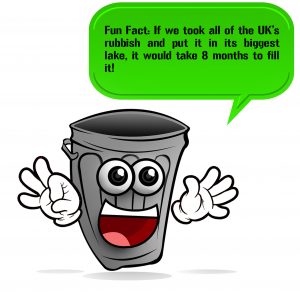This is such a cool idea. I do not know which plants take in the most carbon. Probably young tree saplings. So they would not be good to use because their uptake slows down as they age. Maybe switch grass? Anyway this is about the concept and the New Mexico experiment to attempt it.
http://www.boulderweekly.com/article-13275-your-next-roadside-attraction-carbon-storage.html
Thursday, August 28,2014
Your next roadside attraction: Carbon storage
By Marianne Lavell
As you watch the miles roll by on family road trips this summer, look just behind the guard rails to see what some scientists believe is a significant untapped resource in the battle against climate change.
Roadside soils and vegetation on federal lands and along U.S. highways are already capturing nearly 2 percent of total U.S. transportation carbon emissions
The land alongside the 4 million miles of U.S. public roadways, already being maintained by federal, stat, and local governments, could be planted with vegetation that helps transfer carbon from the atmosphere into the soil, say scientists. Road banks and berms, in other words, could be managed as valuable “banks” for carbon sequestration.
“We’re talking millions of acres,” says biologist Rob Ament, of the Western Transportation Institute at Montana State University, who led a recent study to gauge carbon storage potential on just a fraction of that real estate — roadsides on federal lands.
Shrubs, grasses and other plants already along roads in U.S. National Parks, wildlife refuges and other public lands currently are capturing about 7 million metric tons of carbon each year, Ament said in a report on his findings at this month’s North American Congress for Conservation Biology. That’s equivalent to the annual carbon emissions of 5 million cars — without any effort made to optimize the mix of plantings and soil management practices for carbon storage.
:}
Go there and read. More next week.
:}



